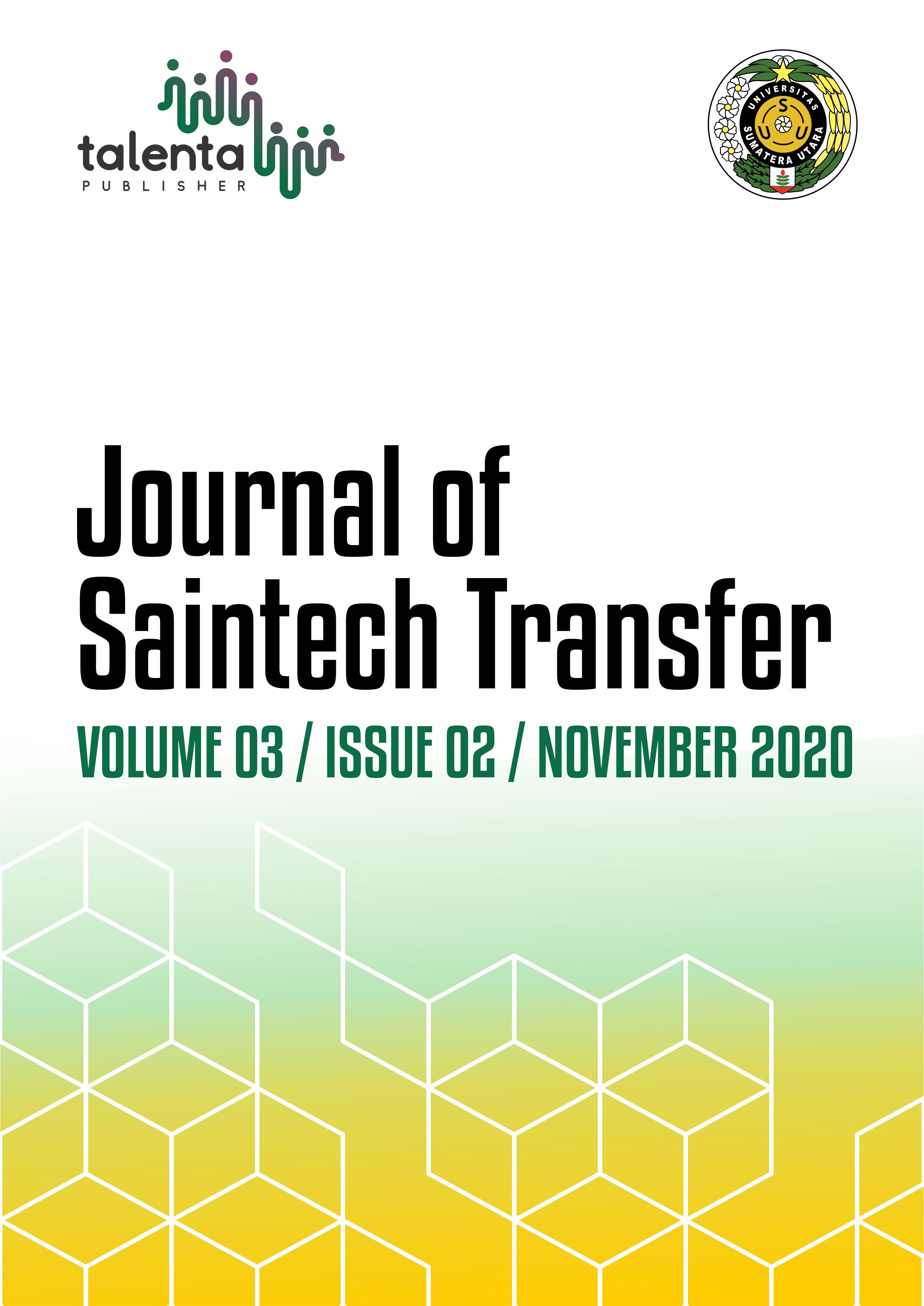Increased Productivity of Oyster Mushroom Chips Through Business Management, Finance, and Handling Post-Harvest Management
DOI:
https://doi.org/10.32734/jst.v3i2.4389Keywords:
Creative and Productive Jatiramdo PoktanAbstract
The community subjection activities is a partnership program between the Community Partnership Program (PKM) with Dolok Masihul (Domas) Farmer Group partners. The problems are (1) Production aspects include a) Oyster mushroom chips are oily and less crunchy and do not last long; b) Plastics and labels used are still inadequate and straightforward because they are not accompanied by product information as well as packaging for oyster mushroom chips which is even done manually. (2) Aspects of Business and Financial Management, among others: a) Marketing is still carried out conventionally. b) Business management is always simple, carried out in a family manner, and there is no product legality. c) There is no separation between household finances and business finances. d) There are no records or business bookkeeping so that it is difficult to calculate the profits it gets. This community service aims to increase the knowledge, skills, and income of the Domas Farmer Group and the surrounding community through training in production, finance, and marketing. Community service activities are carried out using method 1). Transfer of knowledge, such as lectures and discussions, 2). Training, and 3). Bookkeeping assistance for the Oyster Mushroom Chips business. The results to improve the skills and knowledge of the Domas farmer group include making Oyster Mushroom chips using Deep Fryers and Spinners, knowing the use of social Media for marketing, and being able to make a financial report—publishing the Compilation Guide Book.
Downloads
References
N. Widyastuti, "Processing of Oyster Mushrooms (Pleurotus Ostreatus) as an alternative for nutritional fulfillment" J. Sains dan Teknologi. Indonesia., vol. 15, no. 3, pp. 1–7, 2019, doi: 10.29122/jsti.v15i3.3391. (In Indonesia)
S. M. Sumarsih, Oyster Mushroom Seed Business. Jakarta: Penebar Swadaya, 2015. (In Indonesia)
Susilawati and B. Raharjo, Technical Guidelines for Environmentally Friendly Oyster Mushroom (Pleurotus Ostreatus) Cultivation. BPTP Sumatera Selatan, 2010. (In Indonesia)
N. F. Usdyana, I. Ahmad, and M. Yusuf, “Diversification of Oyster Mushrooms as Local Food in Women Farmers Group in Malua District, Enrekang Regency,†J. Dedikasi. Masyarakat., vol. 1, no. 2, p. 59, 2018, doi: 10.31850/jdm.v1i2.290. (In Indonesia)
W. S. Manoppo and F. A. O. Pelleng, "Training on Compilation of Financial Statements using Simple Bookkeeping Techniques for MSME Entrepreneurs in Malalayang District, Manado City, North Sulawesi Province," J. Adm. Bisnis, vol. 7, no. 2, pp. 6–9, 2018, doi: 10.35797/jab.7.2.2018.22029.6-9. (In Indonesia)
Z. Abidin Achmad, T. Zendo Azhari, W. Naufal Esfandiar, N. Nuryaningrum, A. Farah Dhilah Syifana, and I. Cahyaningrum, “Utilization of Social Media in Marketing of UMKM Products in Sidokumpul Village, Gresik Regency,†J. Ilmu Komunikasi., vol. 10, no. 1, pp. 17–31, 2020, doi: 10.15642/jik.2020.10.1.17-31. (In Indonesia)
D. J. Priansa, Integrated Marketing Communication in the Age of Social Media, Cetakan I. Bandung: Pustaka Setia, 2017. (In Indonesia)
W. Carl, J. M.Reeve, J. E.D, E. T. Wahyuni, and A. A. Yusuf, Introduction of Accounting I. Jakarta: Salemba Empat, 2017. (In Indonesia)
Hery, Basics of Financial Statements Introduction, Jakarta: PT Grasindo, 2014. (In Indonesia)
Downloads
Published
How to Cite
Issue
Section
License
Copyright (c) 2021 Journal of Saintech Transfer

This work is licensed under a Creative Commons Attribution-ShareAlike 4.0 International License.















